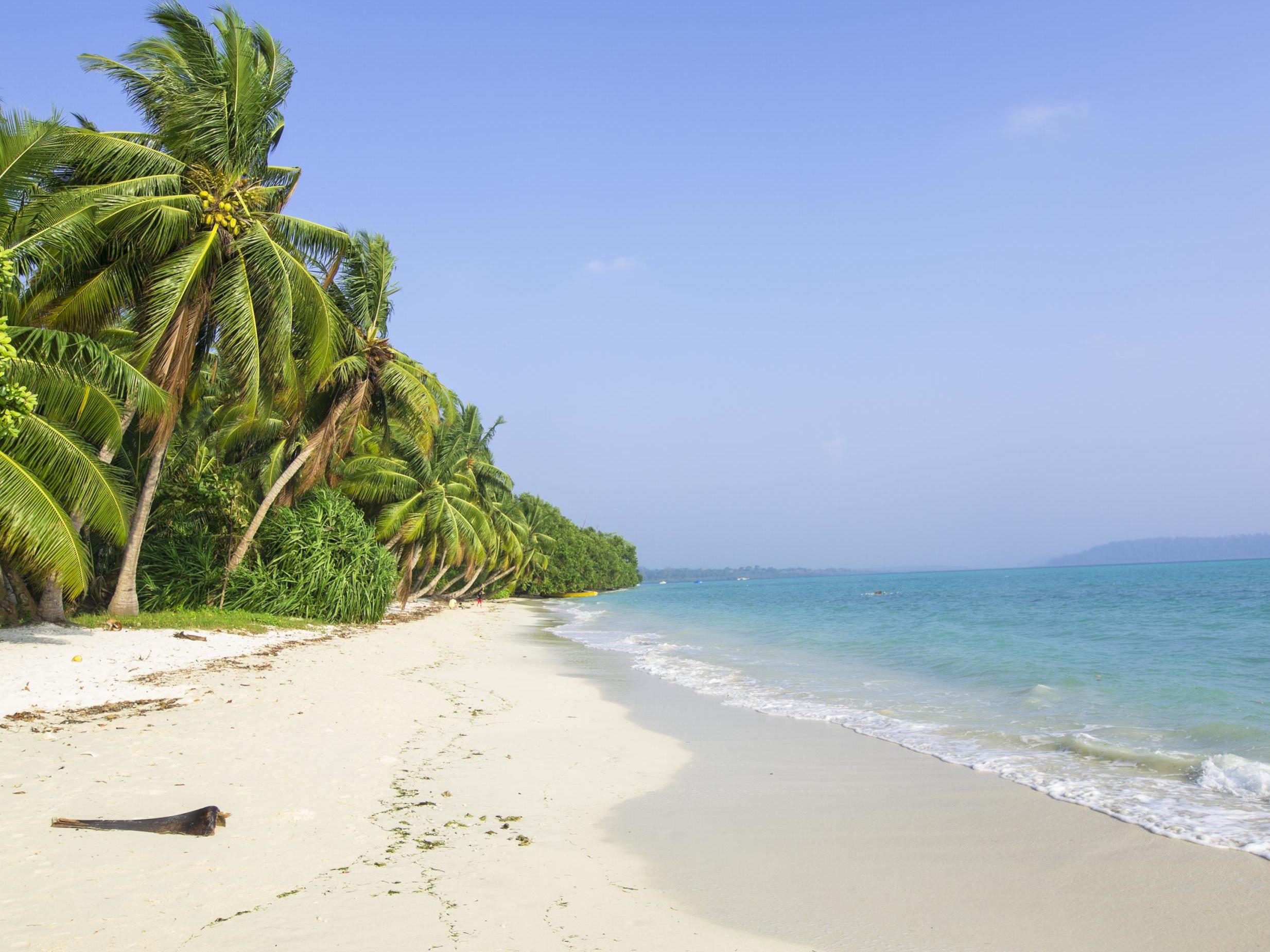Coronavirus: British volunteer stranded on remote Myanmar island for two months
‘The hardest thing for me has been not knowing how long we’re going to be here,’ says Natalie Poole

Your support helps us to tell the story
From reproductive rights to climate change to Big Tech, The Independent is on the ground when the story is developing. Whether it's investigating the financials of Elon Musk's pro-Trump PAC or producing our latest documentary, 'The A Word', which shines a light on the American women fighting for reproductive rights, we know how important it is to parse out the facts from the messaging.
At such a critical moment in US history, we need reporters on the ground. Your donation allows us to keep sending journalists to speak to both sides of the story.
The Independent is trusted by Americans across the entire political spectrum. And unlike many other quality news outlets, we choose not to lock Americans out of our reporting and analysis with paywalls. We believe quality journalism should be available to everyone, paid for by those who can afford it.
Your support makes all the difference.A British woman has been stranded on a remote island in Myanmar for two months due to the coronavirus outbreak.
Natalie Poole, 35, flew to Kyun Pila island on 19 March as a volunteer to help protect a local coral reef.
Ms Poole was originally only meant to stay on the island for one month, but all boat trips to the mainland in Myanmar and to nearby Thailand were cancelled due to both countries being put in lockdown.
Additionally, an evacuation boat that was supposed to rescue Ms Poole was cancelled because Thailand closed its borders.
The volunteer, who has been stranded with four others on Kyun Pila, works as a scuba diving instructor and summer school teacher in Devon.
Since being stranded on the island, her Myanmar visa has expired.
The volunteers have been living with very limited resources and receive sporadic parcels for food.
They have used plastic waste washed up from the beach to set up their camp.
“The hardest thing for me has been not knowing how long we’re going to be here,” Ms Poole told the BBC.
“It’s kind of up and down, we’re a very small group of people and we’re living in a very confined, close situation.”
Ms Poole added that she and the other volunteers are “just trying to take things day by day”.
“We have to be very aware of how much we consume,” she added, “we are eating very basic food and really having to make it last.”
Join our commenting forum
Join thought-provoking conversations, follow other Independent readers and see their replies
Comments